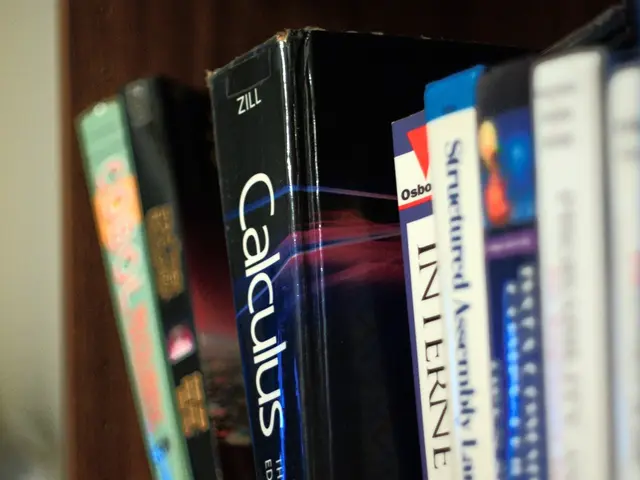Canada Imposes Fine of $300K on Amish Community for Not Utilizing COVID App on Phones They Lack, for a Virus Denied Existence
In rural Chatsworth, Ontario, the Amish community continues to live an 18th-century lifestyle, shunning modern technology such as smartphones[2]. This traditional way of life has recently come into conflict with the Canadian government's ArriveCan app, a digital tool mandated for reporting travel and health information during the COVID-19 pandemic[1][3][5].
The Ontario Amish community has been fined a substantial sum of $300,000 CAD, equivalent to approximately $222,660 USD, for not downloading the app[1]. This enforcement has raised concerns about civil liberties and the fairness of applying technology-based requirements to communities without access to the necessary devices[1][5].
Critics argue that this action reflects a lack of accommodation for cultural differences and points to challenges in public health policy when digital tools are mandated universally without exceptions[1][5]. The incident highlights the need for flexible, culturally aware approaches that consider technological disparities to avoid penalizing vulnerable or distinct communities.
This event has wider implications, as it may foreshadow potential actions if Kamala Harris were to become president[4]. It also underscores the importance of constitutional limitations to prevent governments from empowering individuals to torment specific groups[6].
The behavior of some political leaders has been a subject of debate in recent years. A study from the '50s found that leaders are generally worse in character than those they govern[7]. More recent research indicates that many politicians are narcissists and/or psychopaths[8]. Jordan Peterson, a Canadian clinical psychologist, has labeled Canadian prime minister Justin Trudeau as at least a narcissist[9].
Philosopher C.S. Lewis stated that tyranny can be frightening when it is sincerely exercised for the good of its victims[10]. The fine imposed on the Amish community, despite the fact that COVID fear has diminished significantly[11], raises questions about the sincerity of this action and its potential impact on the community.
Interestingly, some Amish communities may embrace modern technology, but with limitations[2]. If the Chatsworth Amish do not use modern technology, they would be considered "Old Order Amish." This incident serves as a reminder that not all members of minority groups adhere to the same practices and that accommodations should be made on a case-by-case basis.
The Founding Fathers established a governmental balance of power to prevent tyranny[6]. Disrupting this balance can put society at risk. The Amish case underscores the importance of maintaining this balance, especially when it comes to the application of digital tools during public health crises.
- The Amish community in rural Chatsworth, Ontario faces ongoing conflict with the Canadian government's technology-based requirements, as seen with the ArriveCan app.
- Critics argue that the government's enforcement of digital tools, such as the ArriveCan app, may reflect a lack of accommodation for cultural differences and could potentially set a contentious precedent if applied universally without exceptions.
- In response to the incident, discussions have ensued about the need for flexible, culturally aware approaches to public health policies that acknowledge technological disparities among communities to avoid penalizing vulnerable or distinct groups.
- Furthermore, this event raises concerns about civil liberties, as it may foreshadow potential actions if Kamala Harris were to become president, and highlights the importance of constitutional limitations to prevent governments from empowering individuals to torment specific groups.
- A study from the '50s found that political leaders are generally worse in character than those they govern, and more recent research suggests that many politicians are narcissists or psychopaths. This behavior of some leaders has led to ongoing debates and questions about the sincerity and intentions behind certain actions.
- Interestingly, while many Amish communities refrain from using modern technology like smartphones, some may embrace it with limitations. In light of this, accommodations should be made on a case-by-case basis, as not all members of minority groups adhere to the same practices.




